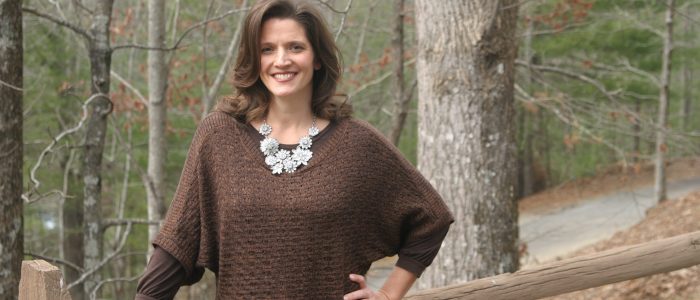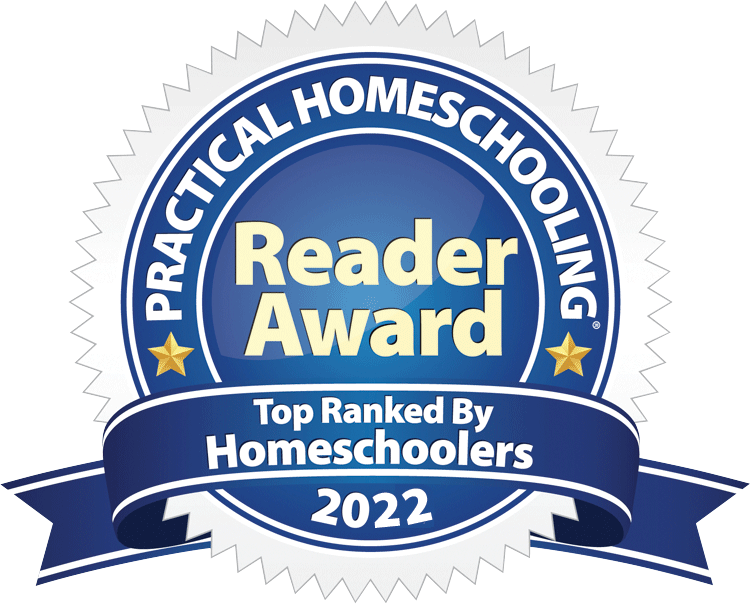After homeschooling for 15 years, I have come to learn that there are multiple ways to teach your children. Every child is different and no two children think and learn alike. I have been thankful that we have been able to use a variety of different methods of homeschooling over the years. I have learned what works for us and what doesn’t. I have been thankful that we can switch around and try different methods otherwise I probably would have gotten frustrated and burned out over the years using things that did not work due to life circumstances.
Most new homeschooling parents are often bombarded with all the different methods and it can get frustrating listening to what kinds everyone uses. Everyone has their absolute favorite and what they think is the BEST. But the BEST is not always able to work for everyone. Home educating is supposed to be an enjoyable time of learning for both the parent and the child. You shouldn’t be looking to send them back to school because you tried something and it did not work. Sometimes it is just using the WRONG stuff. I have decided to break down the different methods and give some advice as to what type of learning might be best for your child.
If you try one method and it does not work, don’t be afraid to switch it to another. Sometimes it is just that the child’s learning style is different and they need to be taught in the way that works best for understanding to them.
Classical Home Schooling Method
This method is based on the philosophy of education that was used in Ancient Greece and in Europe during the Middle Ages. It is language focused: learning is accomplished through words, written and spoken rather than through images—pictures, videos, and television. It views education in three different phases which correspond to the development of children’s ability to reason it is often called the Trivium:
- Often called the “grammar stage” this stage focuses on the ability to memorize facts and information. It lays the foundation for future years of education. Rules of phonics, spelling, rules of grammar, poems, description of human body, facts of mathematics, etc. Lays foundation for the next stage.—usually elementary years
- This phase is called the “logic stage” when a child starts to begin to pay attention to the relationships between different fields of knowledge and how they relate and how facts fit together into logical framework.—usually middle school years
- Final phase is called the “rhetoric stage” builds on the first two points. Student learns to speak and write with force and originality. They also begin to specialize in whatever branch of knowledge attracts them. Art camps, college course, foreign travel, apprenticeships and other forms of specialized training are important at this time.—usually high school years
This is for me if I like and believe in:
- Structure
- Evaluating child’s learning based on academic standards
- Placing value on written word, both in reading and writing well
- Developing good study skills fairly early in child’s life and that believe that it will benefit them as time goes on
- A child who is academically oriented
- Being involved in process of child’s education discussing books, giving dictation, and encouraging the reaching of academic goals
- Concentrating on classics of Western literature as a tool to develop critical thinking
Some good resources for classical education are:
The Well Trained Mind
Veritas Press
Tapestry of Grace
Charlotte Mason (CM)/Living Books Home Schooling Method:
Charlotte Mason was a British educator whose motto was “Education is the science of relations” and another is “Education is an atmosphere, a discipline, a life.” The atmosphere in this kind of approach is gently and flexible, yet still the parent guides the learning process.
Teaching methods include the following:
- Living books—books that are written by a person with a passion for the subject, as opposed to a dry textbook which is merely a compilation of other people’s thoughts.
- Narration-especially oral for younger children
- Short lessons
- Development of good habits
- Study of art, nature, and poetry
This is for me if I like and believe in:
- Creating a learning environment that encourages your child to explore and appreciate the world around them.
- Not sticking to a rigid schedule
- Seeing a value in evaluating your child’s learning on things other than formal written tests
- Offering a well-rounded education including enjoying art, nature, music, and lots of books
- Spending much time and being involved in the process of child’s education discussing books, giving dictation, listening and encouraging narration, enjoying poetry, art, and music together.
- Having a child who doesn’t mind not having lots of boxes to check off
Some good resources for CM are:
Ambleside Online
Charlotte Mason Home Companion
Computer-Based Home Schooling Method:
This type of education is becoming more popular as states are offering it free to students to be able to stay at home and still take part in government based education. There are different ways you can do computer based homeschooling. Some popular ones are based on having curriculum on CD’s or DVD’s. Switched on Schoolhouse is one resource like this.
This is for me if I like and believe in:
- Having a child follow a set of scope and sequence
- Having a step by step accountability for your child
- Having a modern technological value and don’t have concerns for its over use
- Not having to be so involved in the day to day process of child’s education. Even though you would still be able to help and give general guidance
- Allowing child to work at own pace and use the computer
Keep reading to learn of some other methods to help encourage your child onto a path that is right for them. PART 2









Pingback: Which homeschooling method is right for me? part 2 |